Search
Remove Ads
Advertisement
Search Results

Definition
Amphitheatre
An amphitheatre was a structure built throughout the Roman empire where ordinary people could watch such spectacles as gladiator games, mock naval battles, wild animal hunts, and public executions. Usually oval in form, the largest examples...

Definition
Plebeians
Plebeians were members of the plebs, the hereditary social class of commoners in ancient Rome. Their exclusion from political power by the patricians, who claimed to be the descendants of the first senators, led to Conflict of the Orders...
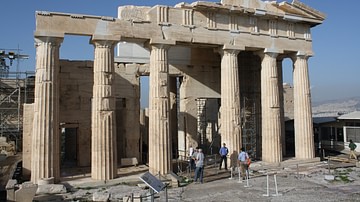
Definition
Propylaea
Propylaea is the name given to monumental gates or entranceways to a specific space, usually to a temple or religious complex and as such they acted as a symbolic partition between the secular and religious parts of a city. Less complex examples...
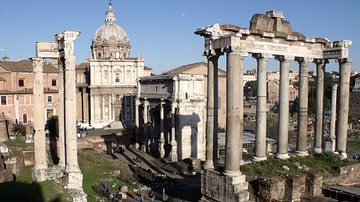
Definition
Quaestor
The quaestor ("the one who asks questions") was the oldest and lowest office on the cursus honorum, or "path of honor" in ancient Rome. Considered a stepping stone to higher office in the Roman government, the duties of the quaestor ranged...
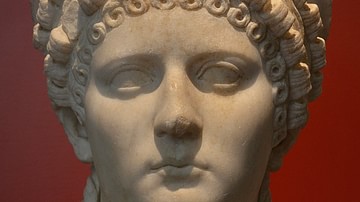
Definition
Poppaea Sabina
Poppaea Sabina (30-65 CE) was the wife of Praetorian prefect Rufrius Crispinius and then Marcus Salvius Otho (r. 69 CE) before she became the second wife of Roman emperor Nero (r. 54-68 CE). Considered by ancient sources both attractive and...
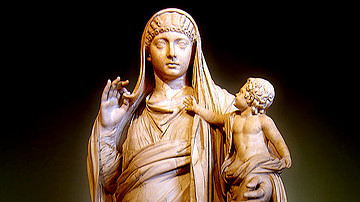
Definition
Britannicus
Britannicus (41-55 CE) was the second child and only son born to the Roman emperor Claudius (r. 41-54 CE) and Valeria Messalina (c. 20-48 CE). Seen as a threat by Claudius' fourth wife, Agrippina the Younger (15-59 CE), and her son, the future...
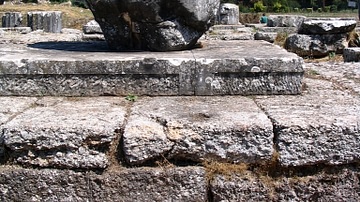
Definition
Tegea
Tegea was an ancient Greek city-state or polis in the southeast of Arcadia in the Peloponnese. The city participated in wider Greek affairs such as the Persian Wars of the early 5th century BCE and was a valuable ally of Sparta during the...
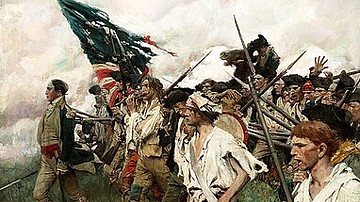
Article
Battle of Brandywine
The Battle of Brandywine (11 September 1777) was a major battle of the American Revolutionary War (1775-1783), fought between a British army under Sir William Howe and the American Continental Army led by General George Washington. The battle...
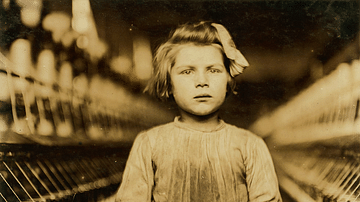
Article
Child Labour in the British Industrial Revolution
Children were widely used as labour in factories, mines, and agriculture during the British Industrial Revolution (1760-1840). Very often working the same 12-hour shifts that adults did, children as young as five years old were paid a pittance...

Article
The Spartacus Revolt
The revolt of the gladiator Spartacus in 73-71 BCE remains the most successful slave revolt in the history of Rome. The rebellion is known as the Third Servile War and was the last of three major slave revolts which Rome suppressed. The story...